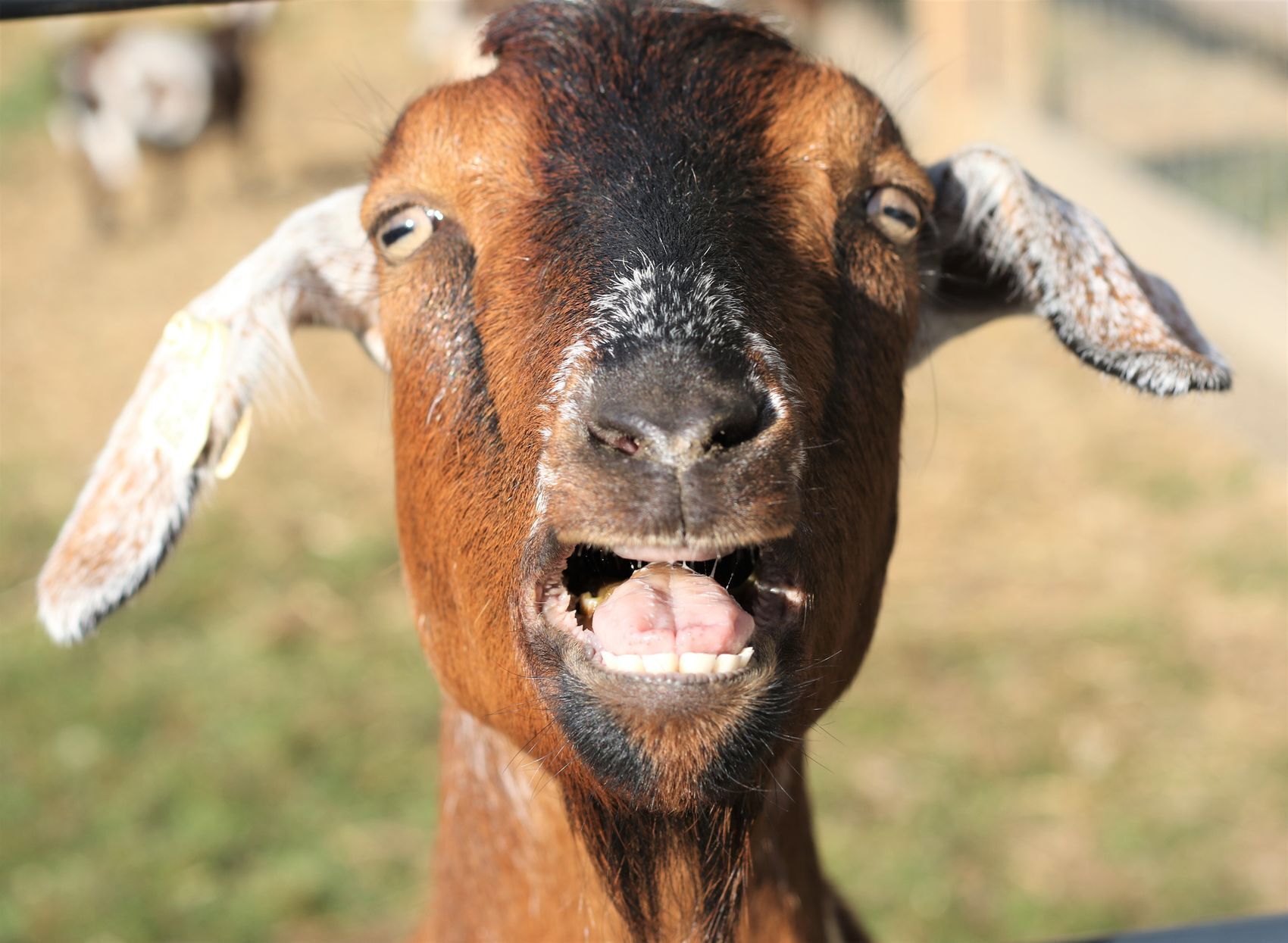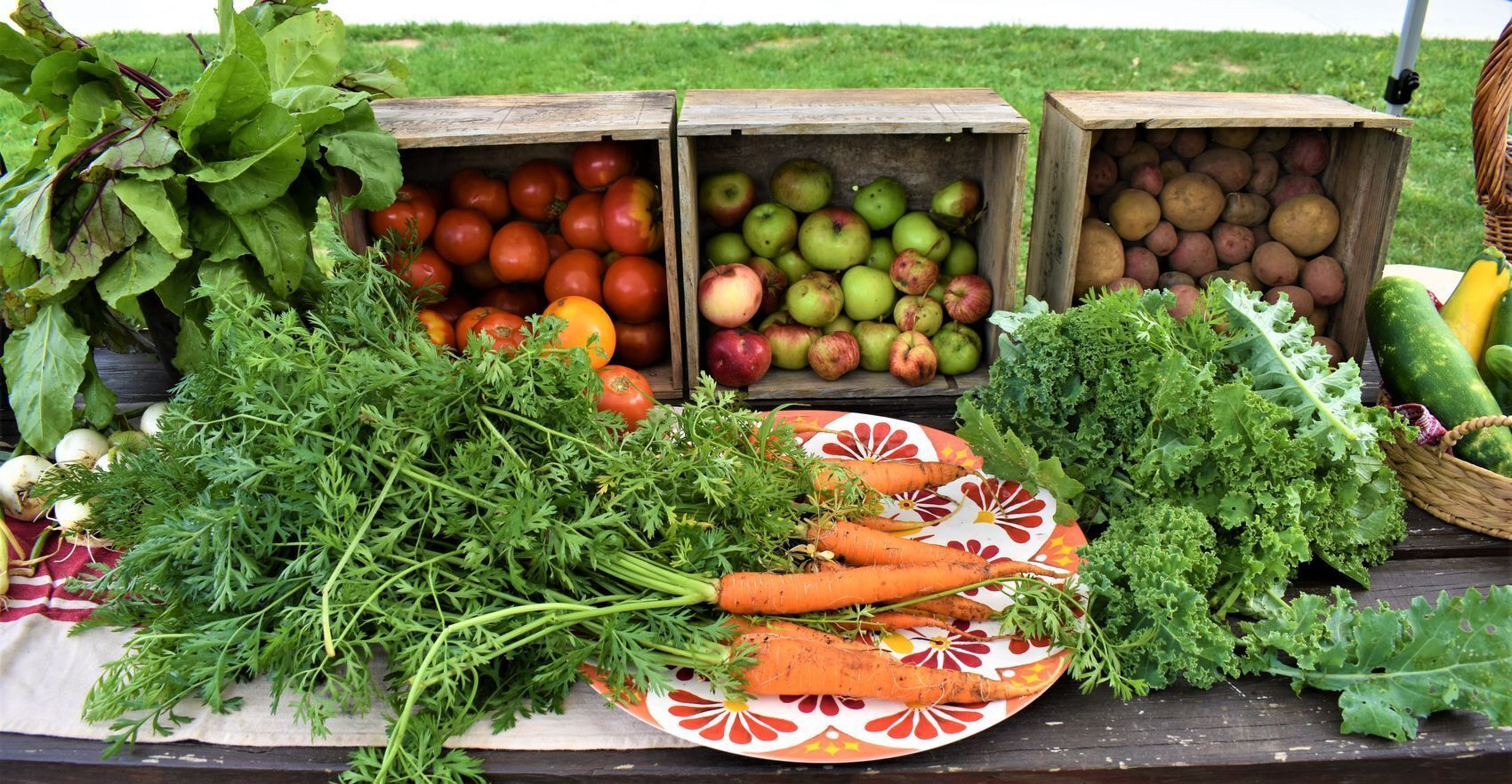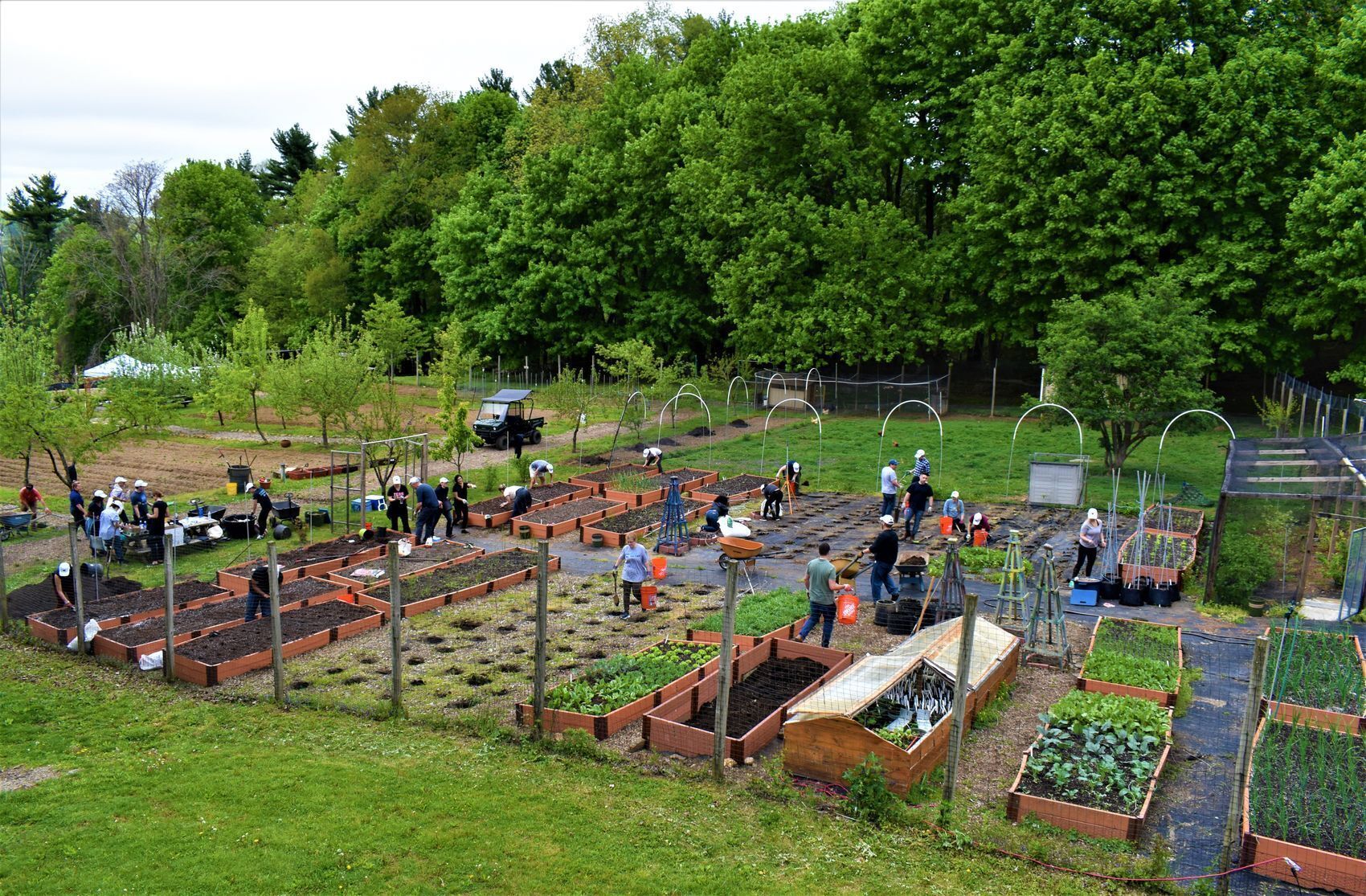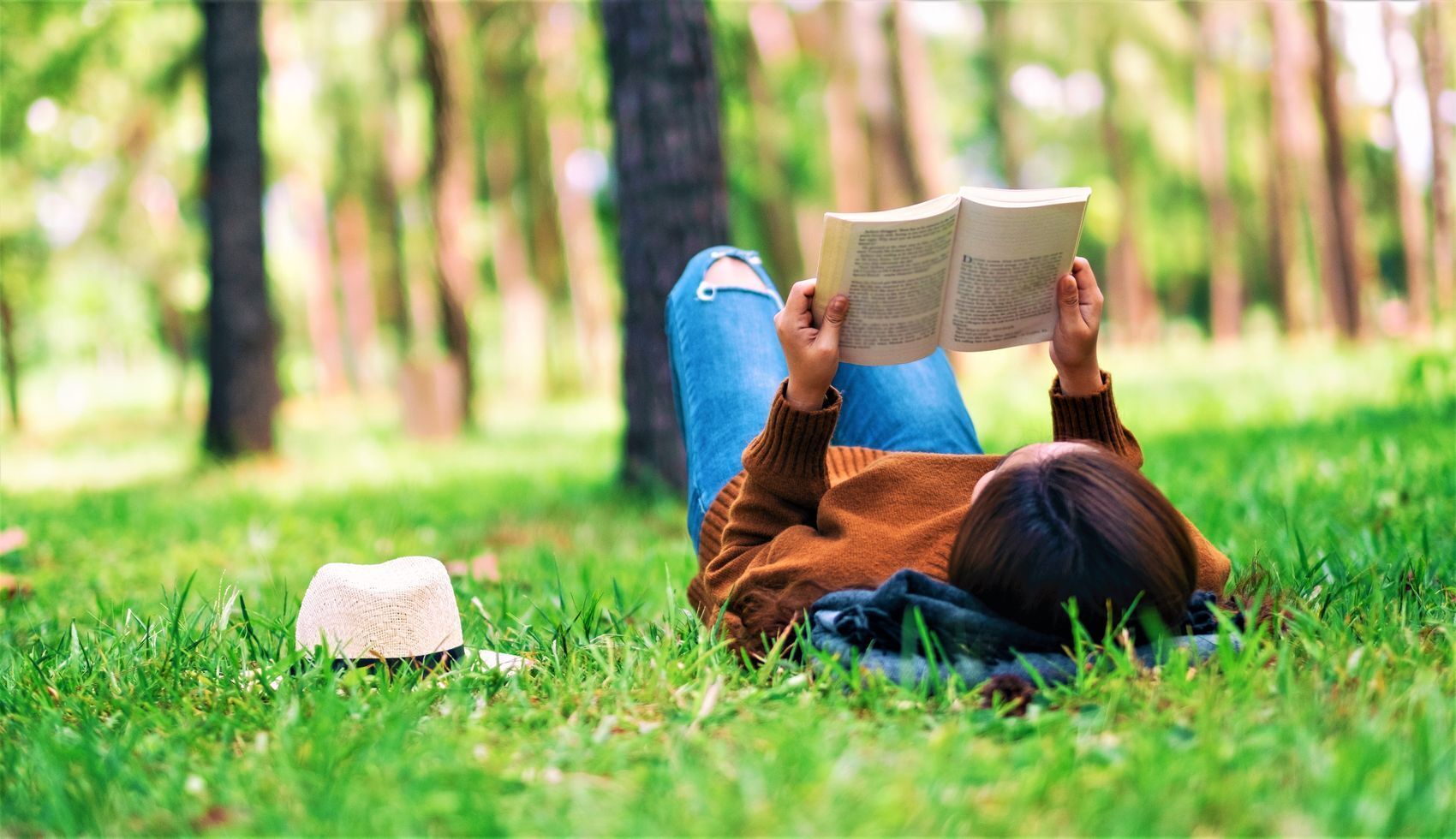
"Animals are such agreeable friends—they ask no questions; they pass no criticisms." (George Eliot)
Our Jennie Clarkson Campus, situated on 35 secluded, bucolic acres in North Castle, New York, is the hub of our human-animal-nature activities, and home to our animal-assisted therapy program and Jennie’s Farm. There, our residential population of youth with developmental disabilities—including cognitive limitations, mental health challenges and/or autism spectrum issues—happily interact with and care for our herd of donkeys, goats and chickens.
The beneficial and dynamic relationship between people and animals positively influences the physical, social and emotional health and well-being of both. And this engagement is especially helpful to youth with special needs since they often relate to animals in ways they cannot or will not with other people. The animals offer them a sense of unconditional love and honest feedback that helps them moderate their behaviors and reduce stress. Bonding with these animals also provides insights into interpersonal relationships and thus helps our youth strengthen their communication and problem-solving skills. In sum, the human-animal bond enables many of our residents to rediscover their best selves—their caring and nurturing side, confidence and self-value, and courage and resiliency. In turn, these social-emotional skills and strengths become the building blocks they need to build futures of hope and possibility.

“The glory of gardening: hands in the dirt, head in the sun, heart with nature. To nurture a garden is to feed not just the body, but the soul.” (Alfred Austin)
Our work at Jennie Clarkson doesn’t solely center on our farm animals, but also on the broader, human-nature bond since we know how contact with all aspects of nature benefits fragile youth. In 2020, we established three hiking trails and created a beautiful one-acre garden—the “Seeds of Hope Healing Garden.”
Any environment, especially the outdoors, can promote healing, but gardens are particularly able to do so because humans are hard-wired to find nature engrossing and soothing. Healing comes because gardens promote: relief from symptoms; stress reduction and an improvement in one’s overall sense of well-being; and hopefulness. In fact, healing gardens are an important part of horticultural therapy, "which combines the art and science of growing flowers, vegetables, fruits and trees with traditional counseling techniques to enhance social, cognitive and physiological functioning, with the primary goal of improving health and inspiring motivation for change." Engaging in healing gardens is especially beneficial for youth with behavioral and emotional problems and challenges since it fosters essential life skills that are transferable beyond the garden.
From planning to present day, our residents have been immersed in their garden every step of the way. It began with the toughest part: clearing the ground; and improving and working the soil. Residents also helped: choose the vegetables, fruit and flowers to grow; plant, care for and harvest the crops; and use the yield to prepare healthy meals, sell at farmer’s markets, and donate to food pantries and our Health Homes families. By taking ownership of the garden, our residents’ spirits are lifted, their love for the outdoors heightened, and their appreciation for and enjoyment of healthy food grows. They also experience how planning, hard work and perseverance make great things happen.
One therapist captured the experience of healing gardens for youth with special needs as follows:
"Caring for something that's alive is very beneficial for these kids. Here in the healing garden, they relax. They're engaged. They can create beautiful, living things. They can be successful. They can learn they are, in their words, 'good at something.' And that's empowering."
Jennie Clarkson Campus residents attend REACH Academy in nearby West Harrison.


